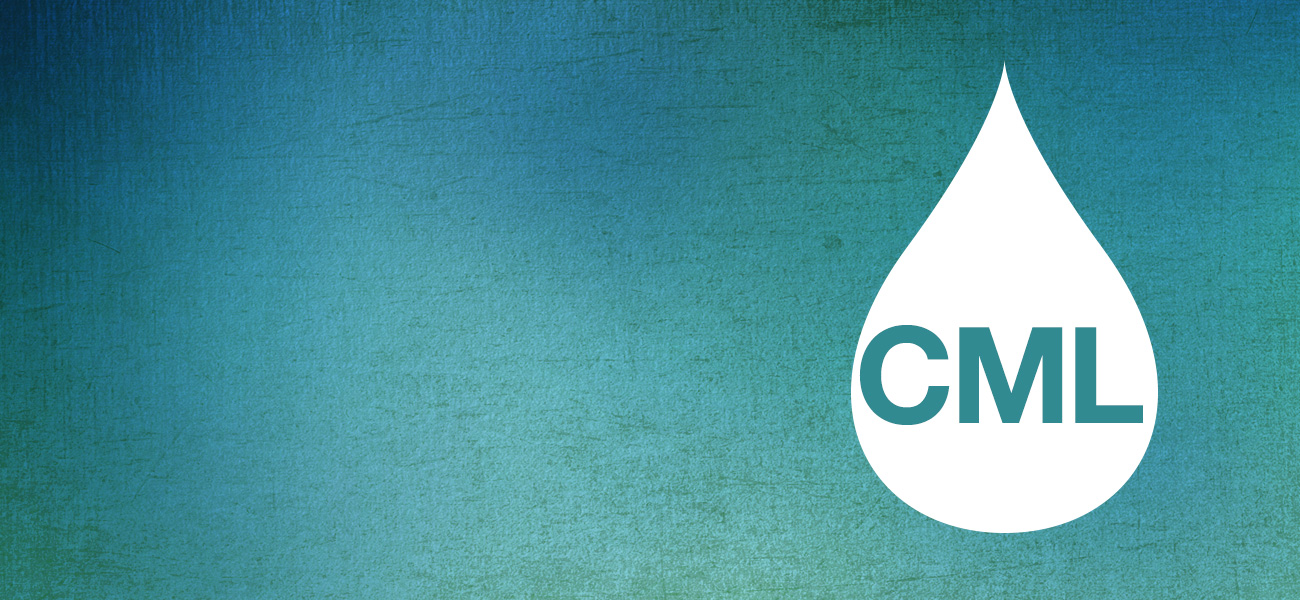Immunotherapy is a drug therapy that stimulates the immune system. Interferon, a type of immunotherapy, is a substance made naturally by the immune system, but it can also be made in the laboratory. Interferon reduces the growth and division of cancer cells.
Immunotherapy and CML
Prior to the introduction of TKIs, interferon was considered the first-line treatment for patients who were not candidates for an allogeneic stem cell transplant. Today, interferon therapy is rarely used as a treatment for CML because TKIs are more effective and have fewer side effects than interferon. But interferon may be an option for patients who cannot tolerate the side effects of TKI therapy, or for patients who are pregnant.
Interferons can cause significant side effects, including:
- Trouble with concentration and memory
- Mood changes
- Flu-like symptoms, such as muscle aches, fatigue, fever, chills, headaches, nausea and vomiting
- Low red blood cell, white blood cell and platelet counts
These side effects continue as long as the patient uses the drug, but over time, they may become easier to tolerate. However, many patients cannot cope with these side effects every day and will need to talk with their doctor about discontinuing interferon treatment.
![]() For information about the drugs listed on this page, visit Drug Listings.
For information about the drugs listed on this page, visit Drug Listings.
Related Links
- Download or order The Leukemia & Lymphoma Society's free booklets:
